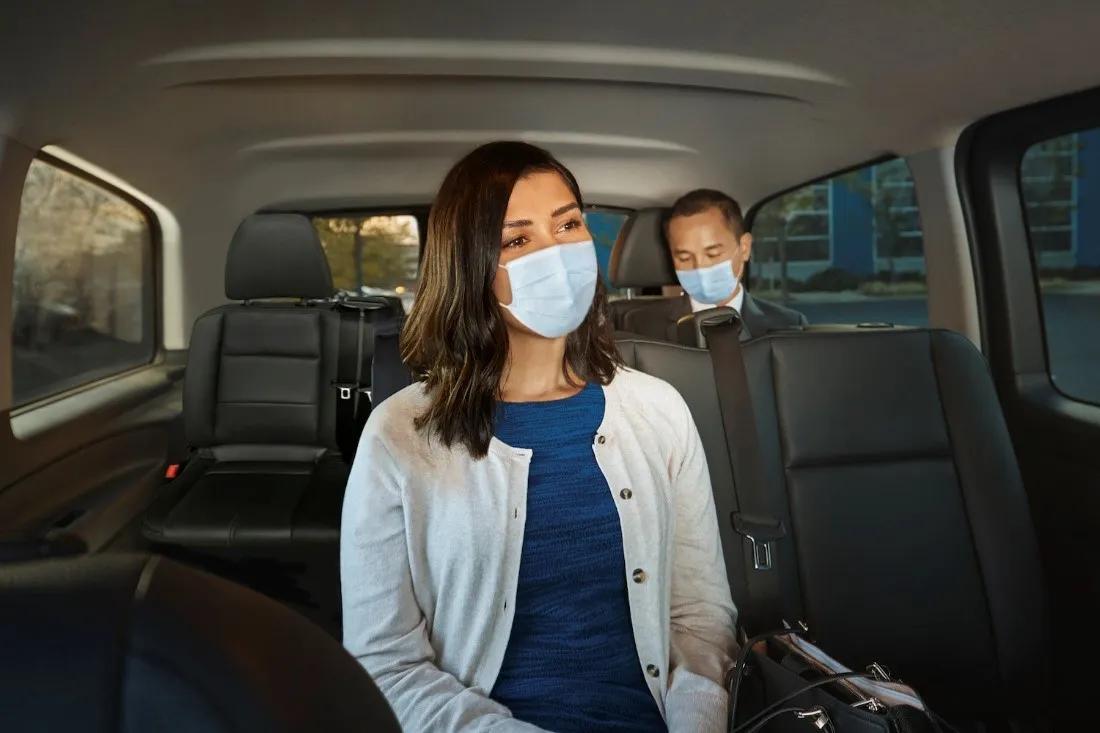
Metro Vancouver's public transport agency TransLink is using copper as a cleaning agent on high-touch surfaces in a bid to make public transit safer during the coronavirus pandemic.
The project is part of a study in which various copper-based products and a protective coating called organosilane will be installed on light rapid transit system SkyTrain and buses to test how effective these agents are at destroying viruses and bacteria on public transport.
Organosilane is a wipe-on coating that provides protection against microbes such as bacteria, mould and mildew.
TransLink says using copper and Organosilane in tandem with hygiene and cleaning protocols can help inhibit the build-up and growth of viruses and bacteria.
During a four-week pilot phase, the products will be installed on two SkyTrain cars on the Expo and Millennium Lines, which both connect cities such as Vancouver and Burnaby.
Additionally, surfaces will be swabbed twice a week and tested to determine antimicrobial effectiveness.
At the end of the month, the surfaces will also be assessed for durability.
“The risk of Covid-19 transmission on transit remains extremely low and this initiative will only bolster our comprehensive cleaning protocols which are already in place," TransLink CEO Kevin Desmond says.
"Any findings from this pilot project will be shared with our fellow transit agency colleagues and other industries which may be able to use this emerging technology.”
Teck Resources is funding the initial phase of the project as part of a copper and health programme.
It follows studies conducted at Vancouver Coastal Health showing that copper is effective at killing bacteria.
Dr. Marthe Charles, medical microbiologist at Vancouver Coastal Health, says: “This project builds on preceding research and will increase our understanding of the effectiveness of copper in killing organisms on frequently-touched surfaces. Positive findings will then be used to study the impact of copper on bacteria and viruses such as Covid-19 and norovirus.”
Other partners include VGH & UBC Hospital Foundation, CHAIR (Coalition for Healthcare Acquired Infection Reduction) and the University of British Columbia.








